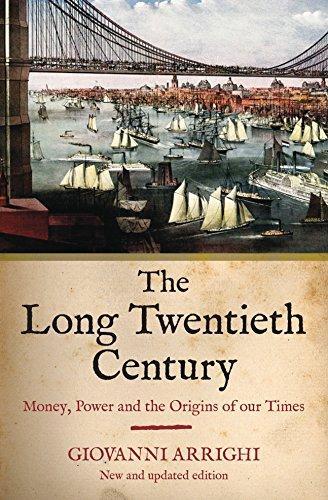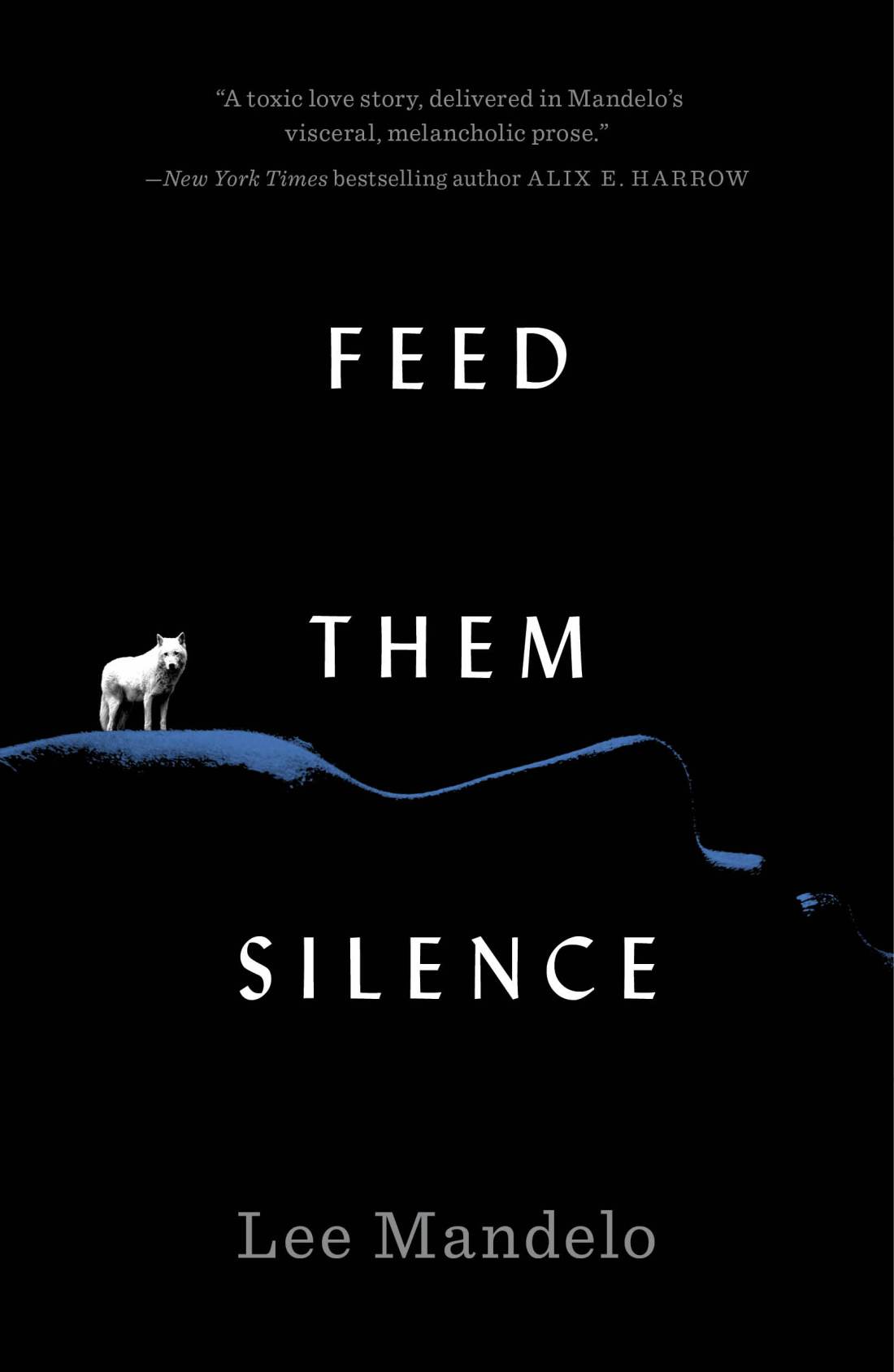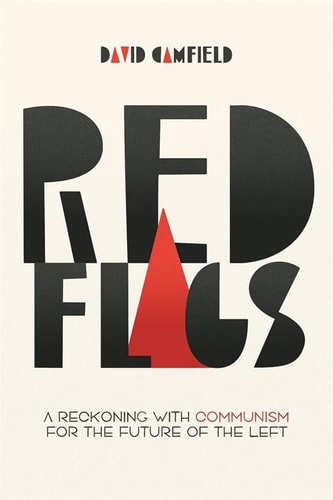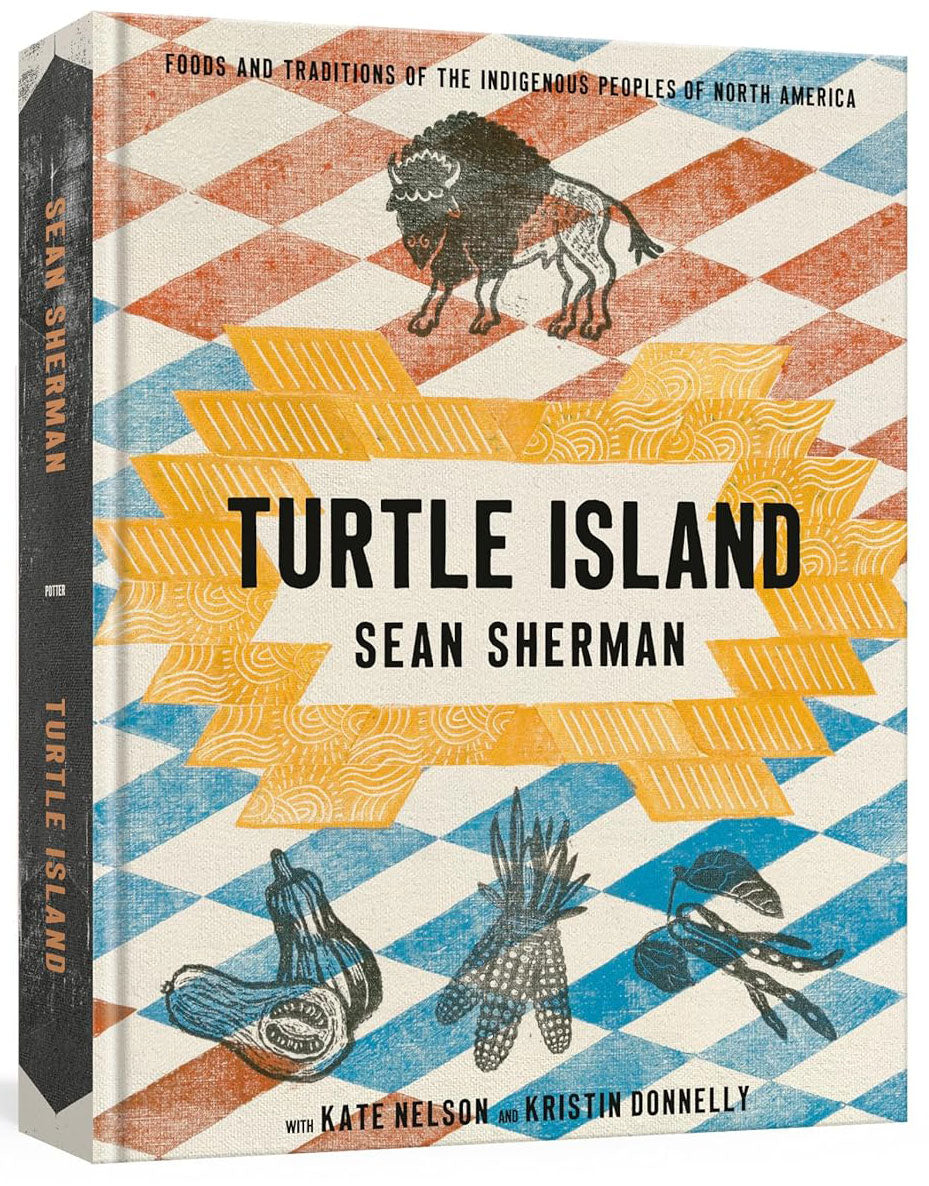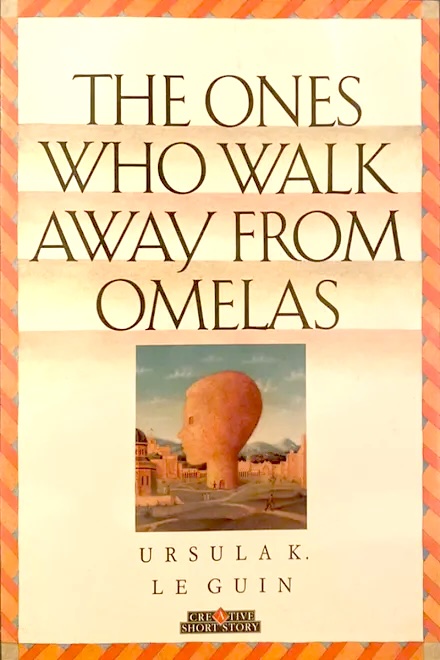@tak@reading.taks.garden 's review has me intrigued.
Reviews and Comments
I am an enthusiastic member of #SFFBookClub so a lot of what I'm reading is suggestions from there.
Profile pic by @anthracite@dragon.style
This link opens in a pop-up window
el dang wants to read Monstrilio by Gerardo Sámano Córdova
@tak@reading.taks.garden 's review has me intrigued.
This book was mentioned on In Bed With The Right, and the review at lareviewofbooks.org/article/intellectual-property-sarah-schulmans-the-gentrification-of-the-mind/ makes me think I should read it.
el dang started reading The Adventures of Tom Sawyer by Mark Twain
[actually using the edition downloadable from standardebooks.org/ebooks/mark-twain/the-adventures-of-tom-sawyer ]
I tried reading this when I was approximately Tom's age and knew almost nothing about US culture, and bounced pretty hard. I was curious to try again now that the cultural distance wouldn't be so alienating.
I am enjoying it much more this time, but I think the real variable is age. The cultural setting still feels so far removed from anything I know that I needed the first chapter explained to me; fortunately it hasn't been a barrier in the rest of the book, but it's still highly unfamiliar. But I remember hating the famed whitewashing a fence story as a kid, and this time I found it wryly amusing - I just think this is a book for adults about a kid, not a book for kids.
I'm about 2/3 of the way through and both the …
[actually using the edition downloadable from standardebooks.org/ebooks/mark-twain/the-adventures-of-tom-sawyer ]
I tried reading this when I was approximately Tom's age and knew almost nothing about US culture, and bounced pretty hard. I was curious to try again now that the cultural distance wouldn't be so alienating.
I am enjoying it much more this time, but I think the real variable is age. The cultural setting still feels so far removed from anything I know that I needed the first chapter explained to me; fortunately it hasn't been a barrier in the rest of the book, but it's still highly unfamiliar. But I remember hating the famed whitewashing a fence story as a kid, and this time I found it wryly amusing - I just think this is a book for adults about a kid, not a book for kids.
I'm about 2/3 of the way through and both the racism and the amount Twain condescends to his characters are grating. But he was also an excellent observer and writer; so far there's enough to keep me going while sometimes gritting my teeth or rolling my eyes at the author.
el dang reviewed The Turn of the Screw by Henry James
Listen to the opera instead.
2 stars
At the heart of this book, there's a good, simple ghost story in a creepy setting. It would work well as a short story, and Myfanwy Piper did a great job distilling that short story back out for the libretto of Britten's opera version. But the original text is so heavily larded with too many words--too many adjectives, just too much in general--as to ruin it for me. Some of this is the sheer wordiness, some is how slowly the story is drawn out, which was probably an artefact of having originally been published as a serial. But some is also how heavily the protagonist feels the need to imbue every step with Drama, to the point that when the ending comes it has no impact whatsoever because the piece has been blaring at fortississimo for an hour.
Seriously, the opera is a so much better telling of the …
At the heart of this book, there's a good, simple ghost story in a creepy setting. It would work well as a short story, and Myfanwy Piper did a great job distilling that short story back out for the libretto of Britten's opera version. But the original text is so heavily larded with too many words--too many adjectives, just too much in general--as to ruin it for me. Some of this is the sheer wordiness, some is how slowly the story is drawn out, which was probably an artefact of having originally been published as a serial. But some is also how heavily the protagonist feels the need to imbue every step with Drama, to the point that when the ending comes it has no impact whatsoever because the piece has been blaring at fortississimo for an hour.
Seriously, the opera is a so much better telling of the same story.
el dang wants to read Every Man Dies Alone by Michael Hofmann
el dang reviewed Feed Them Silence by Lee Mandelo
Devastating
5 stars
How to review this without spoilers for things that it is definitely worth encountering at the speed they're written?
I found this a hard book to read, because so much of the plot is driven by the protagonist making decisions that are clearly bad in the moment they are made. I felt a bit like the stereotypical moviegoer wanting to shout "no, don't do it" at the screen. But I ultimately came to see it as a classic tragedy: a whole series of painful events driven by the hero's fatal flaw. And it is all aspects of the same flaw, and the flaw is one that's very recognisable looking around at society.
It's also a story of the right size for the novella format. Sometimes I get frustrated that novellas feel incomplete, rushing to an ending and/or leaving too few characters fleshed out. This one just felt tightly …
How to review this without spoilers for things that it is definitely worth encountering at the speed they're written?
I found this a hard book to read, because so much of the plot is driven by the protagonist making decisions that are clearly bad in the moment they are made. I felt a bit like the stereotypical moviegoer wanting to shout "no, don't do it" at the screen. But I ultimately came to see it as a classic tragedy: a whole series of painful events driven by the hero's fatal flaw. And it is all aspects of the same flaw, and the flaw is one that's very recognisable looking around at society.
It's also a story of the right size for the novella format. Sometimes I get frustrated that novellas feel incomplete, rushing to an ending and/or leaving too few characters fleshed out. This one just felt tightly focussed.
And it has one of the best closing sentences of anything I've read, up there with The Dispossessed for how perfectly it recapitulates the whole story, and how little it will mean prior to having read the story.
el dang started reading The Turn of the Screw by Henry James
el dang started reading Feed Them Silence by Lee Mandelo
#SFFBookClub November
el dang started reading Red Flags by David Camfield
As it happens, this book was written by a good friend's brother. But it's also about a couple of questions close to my heart: what of the ideals of communism can be salvaged from the horrors of 20th century "Actually Existing Socialism" as practiced, and how can we be appropriately critical of those horrors without throwing out the baby with the bathwater?
It's perilous ground, and I've already found things to argue with in the first chapter. But he's a good writer who clearly knows the field deeply, and I am interested to see where he takes it.
As it happens, this book was written by a good friend's brother. But it's also about a couple of questions close to my heart: what of the ideals of communism can be salvaged from the horrors of 20th century "Actually Existing Socialism" as practiced, and how can we be appropriately critical of those horrors without throwing out the baby with the bathwater?
It's perilous ground, and I've already found things to argue with in the first chapter. But he's a good writer who clearly knows the field deeply, and I am interested to see where he takes it.
el dang reviewed Record of a Spaceborn Few by Becky Chambers (Wayfarers, #3)
Broadens the world of this series nicely
4 stars
I appreciated how much this book fills out the world and culture of its setting through individual characters' stories, without having to do a lot of Worldbuilding per se. I found each main character in some way relatable, and particularly enjoyed the way their initially disparate stories gradually get connected to each other. In the end I didn't find it quite as satisfying as the more tightly focussed stories of the first two books, but it's very nicely done and has a lot of very timely stuff to say about ways people care for each other or fail to, and about both emigration and immigration.
I appreciated how much this book fills out the world and culture of its setting through individual characters' stories, without having to do a lot of Worldbuilding per se. I found each main character in some way relatable, and particularly enjoyed the way their initially disparate stories gradually get connected to each other. In the end I didn't find it quite as satisfying as the more tightly focussed stories of the first two books, but it's very nicely done and has a lot of very timely stuff to say about ways people care for each other or fail to, and about both emigration and immigration.
el dang reviewed Moon of the Turning Leaves by Waubgeshig Rice
Great sequel that I think could also stand alone
5 stars
I found this a very satisfying continuation and conclusion of the story started in Moon of the Crusted Snow. It has a very different mood and focus, so much so that in this review I'm trying to avoid spoilers for the previous book more than for this one. Where Crusted Snow gets a lot of its tension from us as readers learning things as the protagonists do, this one is mostly not a suspenseful story. The broad outline of how things have to go is apparent from early on, and most of what makes it interesting is atmosphere and character development. Even the cover art of the two books does a pretty good job of communicating their relative moods.
I'm pretty sure this book would stand alone far better than most sequels do, because it largely follows a character too young to remember the events of or background …
I found this a very satisfying continuation and conclusion of the story started in Moon of the Crusted Snow. It has a very different mood and focus, so much so that in this review I'm trying to avoid spoilers for the previous book more than for this one. Where Crusted Snow gets a lot of its tension from us as readers learning things as the protagonists do, this one is mostly not a suspenseful story. The broad outline of how things have to go is apparent from early on, and most of what makes it interesting is atmosphere and character development. Even the cover art of the two books does a pretty good job of communicating their relative moods.
I'm pretty sure this book would stand alone far better than most sequels do, because it largely follows a character too young to remember the events of or background to the first book. This neatly gives Rice a way to work in some rehashing naturally as people answering her questions, but also this book fills in a lot of information that none of the characters knew during the first one. That said, I'd still recommend reading Crusted Snow first because the most emotional parts of this story are bound to have more impact if you've had longer to get invested in the older characters.
CWs: racist violence, and this one's a real tear jerker.
#SFFBookClub (we read the first one as part of the book club last year)
Sherman's reflections on the writing of this are worth a read: siouxchef.substack.com/p/reflections-on-creating-turtle-island
Sherman's reflections on the writing of this are worth a read: siouxchef.substack.com/p/reflections-on-creating-turtle-island
A classic for a reason
5 stars
And I hadn't realised quite how short it is, which makes my not having read it yet even sillier.
And I hadn't realised quite how short it is, which makes my not having read it yet even sillier.
el dang started reading The Ones Who Walk Away from Omelas by Ursula K. Le Guin
In the strange hybrid acknowledgements / epilogue to Cahokia Jazz, Spufford mentions this story as evidence that Ursula Le Guin (to whom the book is dedicated) wouldn't have liked the world he built. I've somehow got to now without having read Omelas so I'd better fix that now.
In the strange hybrid acknowledgements / epilogue to Cahokia Jazz, Spufford mentions this story as evidence that Ursula Le Guin (to whom the book is dedicated) wouldn't have liked the world he built. I've somehow got to now without having read Omelas so I'd better fix that now.

